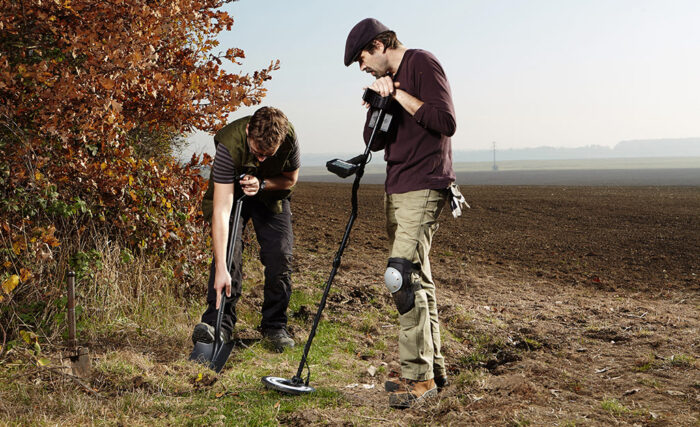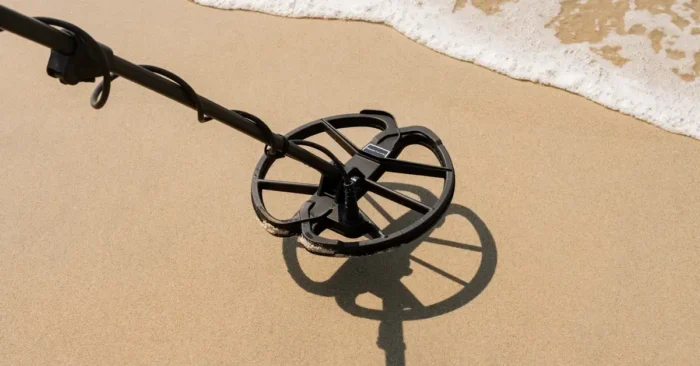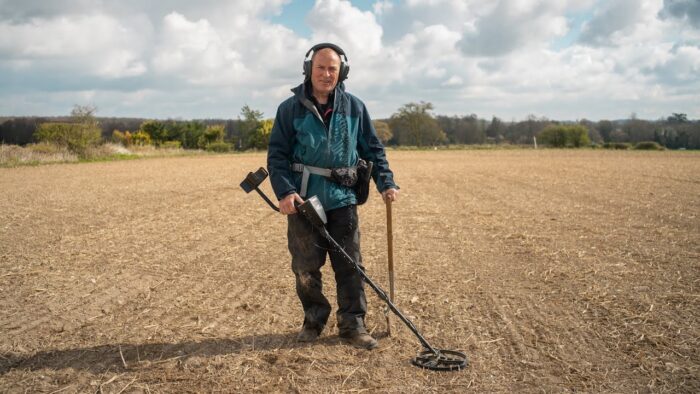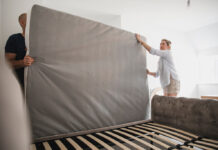
As a beginner in the metal detecting hobby, it’s important to choose the right metal detector for you. In this article, we will discuss how to choose a metal detector for beginners and help you find the best detector for your needs.
There are many different types of metal detectors on the market, and it can be difficult to decide which one is right for you. Some metal detectors are designed for general use, while others are specifically designed for treasure hunting.
Some are portable, while others are stationary. And finally, some metal detectors can be used to find metals only, while others can also be used to find other items as well.

Here are some tips to help you choose a metal detector for beginners:
- First, decide what you’re looking for. Are you interested in treasure hunting? Hunting relics? minerals? Antiques?
- Then, consider your budget. Do you want a high-end detector that will set you back thousands of dollars, or something more affordable that still offers great performance?
- Next, consider the type of metal detection you want to do. Do you want a ground-based detector, like a traditional metal detector coil; a water-based detector, like a CoinXS; or an air-based detector, like an LCD II?
- Finally, decide which features are important to you. Do you want a detector that is lightweight and easy to carry around? One with advanced features like digital readout and GPS navigation? Or one that is simple yet reliable?
How to Use a Metal Detector?

Once you have your metal detector, it’s important to learn how to use it. Start by reading the owner’s manual or online tutorial. This will help you understand the specific features of your detector and how to use them most efficiently. Additionally, practice using the detector in different environments before hitting the field. This will ensure that you don’t get frustrated when hunting in difficult terrain!
When hunting for coins and other valuable metals, it’s important to keep your detector tuned to the appropriate frequency. Most detectors can be tuned to between 20 and 30 KHz. If you’re looking for gold, silver, or other precious metals, it’s best to use a metal detector that can detect these metals at a higher frequency.
Finally, always wear proper safety gear when using a metal detector. This includes a sturdy pair of shoes, long pants, and a shirt that covers your chest and arms. Always keep an eye on the screen of your detector in case you find something valuable!
Conclusion

If you are new to metal detecting, it can be a bit daunting trying to figure out what detector to buy. There are so many different types and brands of detectors on the market, and it can be hard to decide which one is right for you. To make things easier for you, this article will outline some tips on how to choose a metal detector for beginners.
- First and foremost, make sure that you have a clear understanding of what you are looking for in a detector—will it be used mainly for treasure hunting or am I looking for artifacts from ancient civilizations?
- Secondly, consider your budget; do I want to spend more money on a better quality detector or do I just want something that will get the job done?
- And finally, determine whether you need an automatic or manual detector; if you’re not familiar with these terms yet, read up on them before making your decision.








